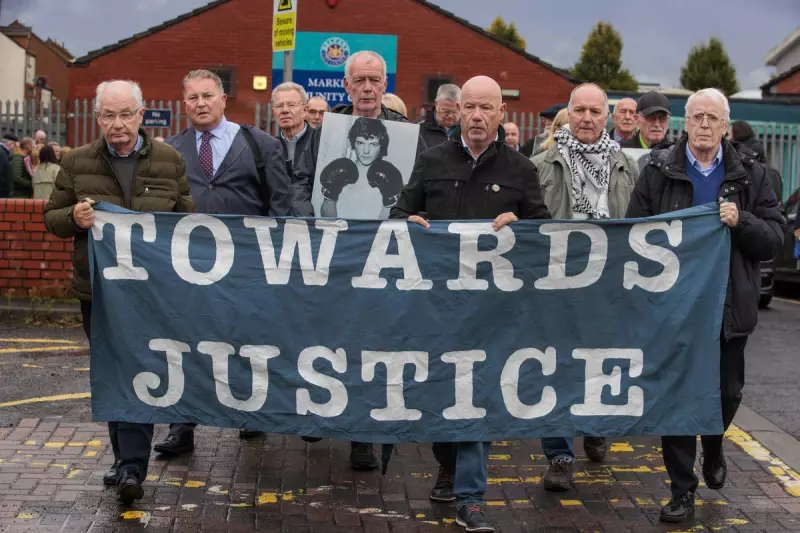
Former Prime Minister David Cameron has ignited a political firestorm during a visit to Londonderry, following controversial remarks made about the British Army's Parachute Regiment.
The ex-PM, who now serves as Foreign Secretary, faced immediate backlash from local representatives and victims' advocacy groups after what many described as "insensitive" comments regarding the regiment's historical presence in the city.
Historical Wounds Reopened
Cameron's comments struck a particularly raw nerve in a community still grappling with the legacy of Bloody Sunday, when Parachute Regiment soldiers shot dead 14 civil rights protesters in 1972. The incident remains one of the most painful chapters in Northern Ireland's troubled history.
Sinn Féin MLA Ciara Ferguson condemned the remarks, stating they demonstrated "a blatant disregard for the victims and families affected by the actions of the Parachute Regiment."
Political Fallout Intensifies
Social Democratic and Labour Party (SDLP) leader Colum Eastwood echoed these sentiments, emphasizing that Cameron's words showed "little understanding of the hurt and trauma that still exists in our city."
The controversy comes at a delicate time for Northern Irish politics, with ongoing tensions surrounding the post-Brexit arrangements and the fragile power-sharing agreement at Stormont.
Veterans' Perspective
Despite the criticism, Cameron's comments found some support among veterans' groups. The former PM had been participating in a discussion about supporting former service personnel when he made the contentious remarks.
This incident highlights the continuing challenges of reconciliation and the sensitive nature of discussing military history in regions with complex pasts like Northern Ireland.





